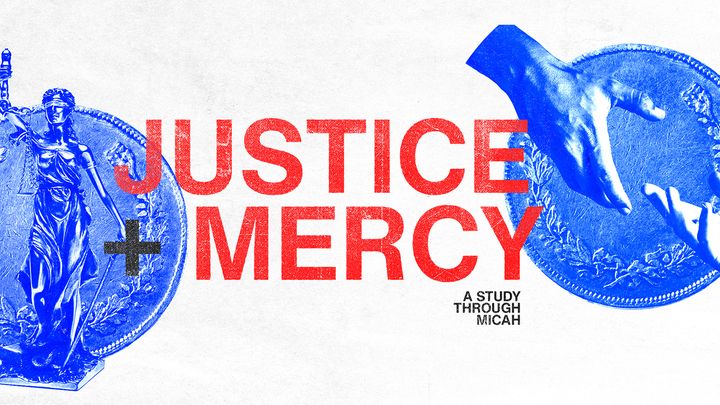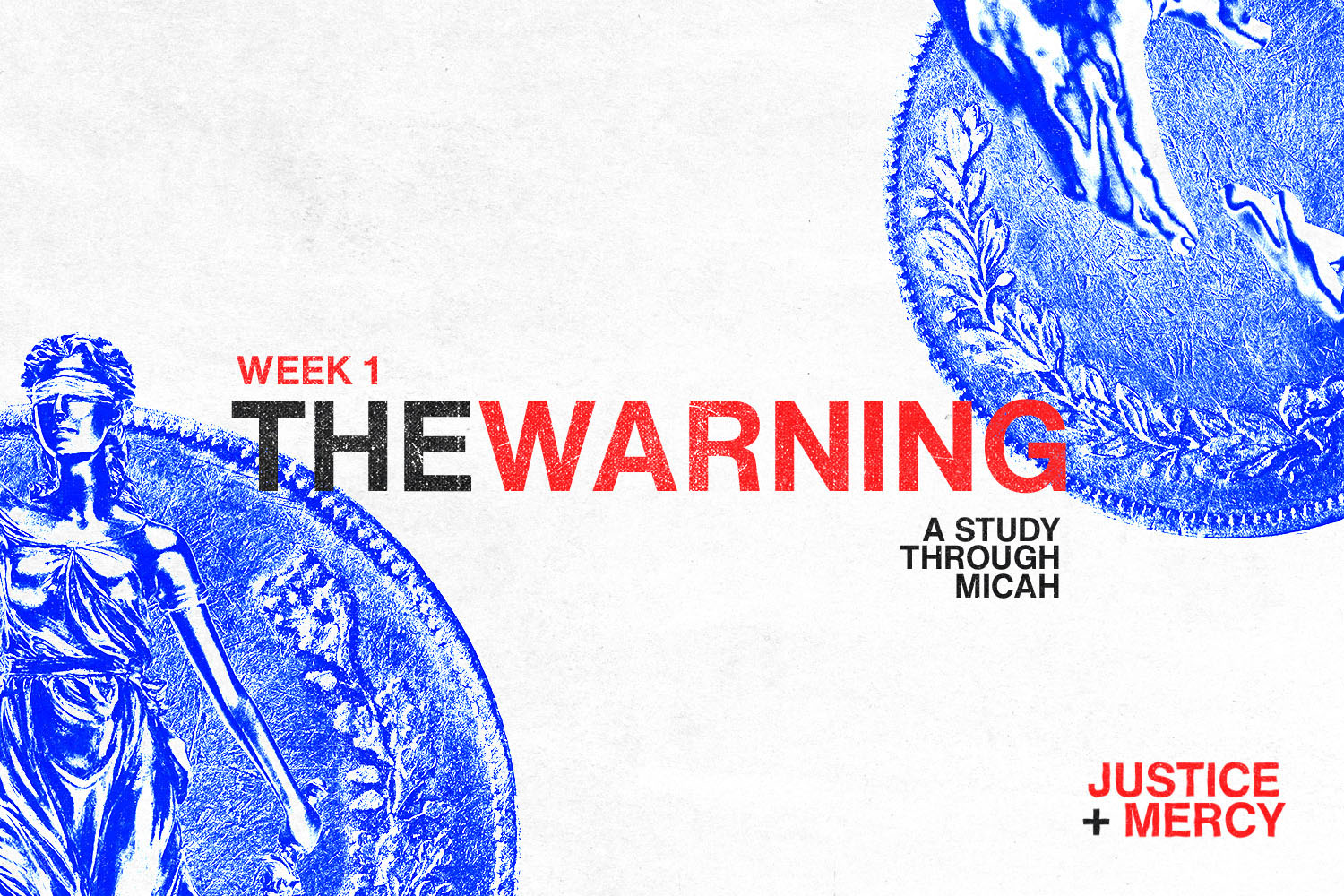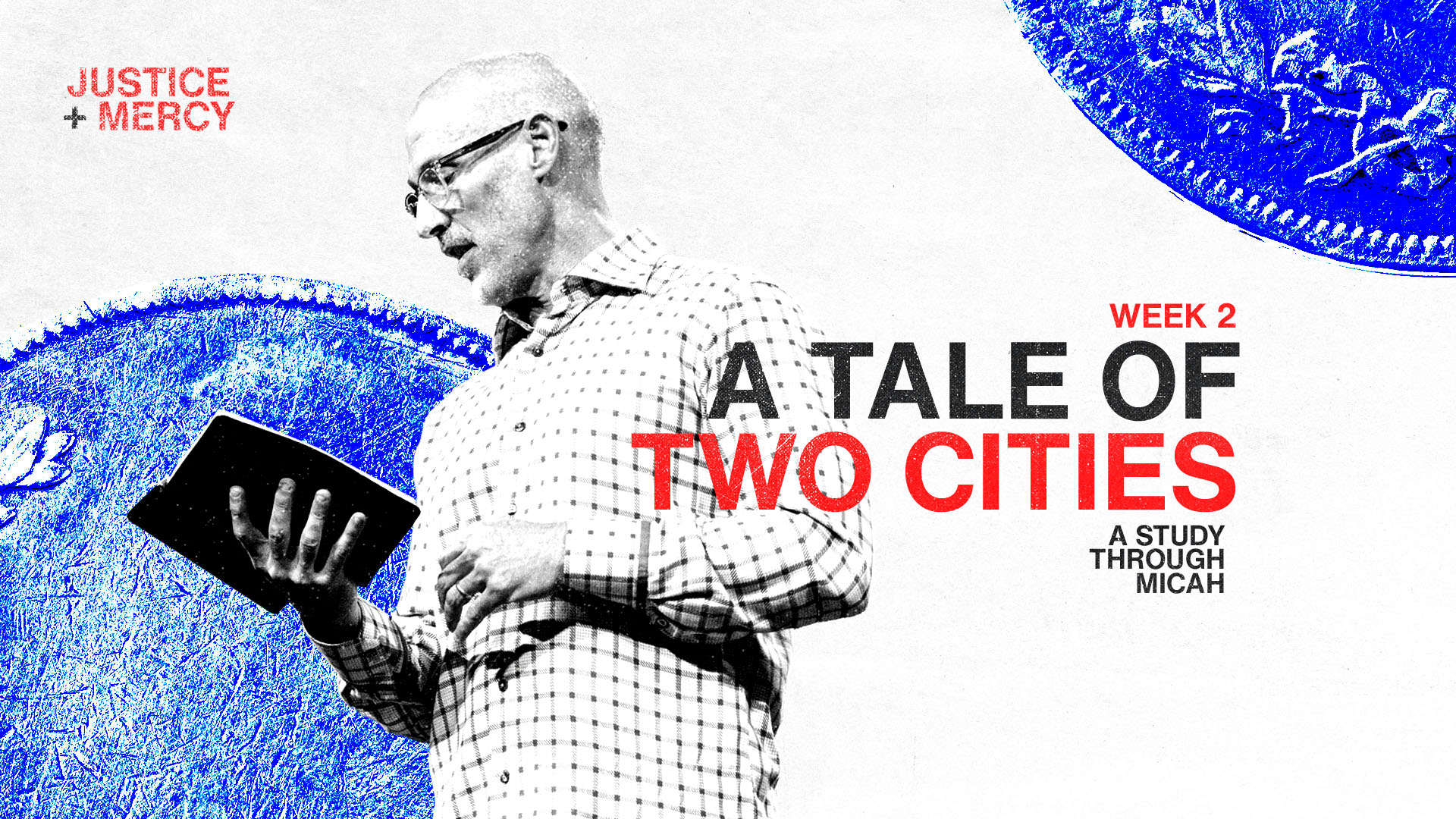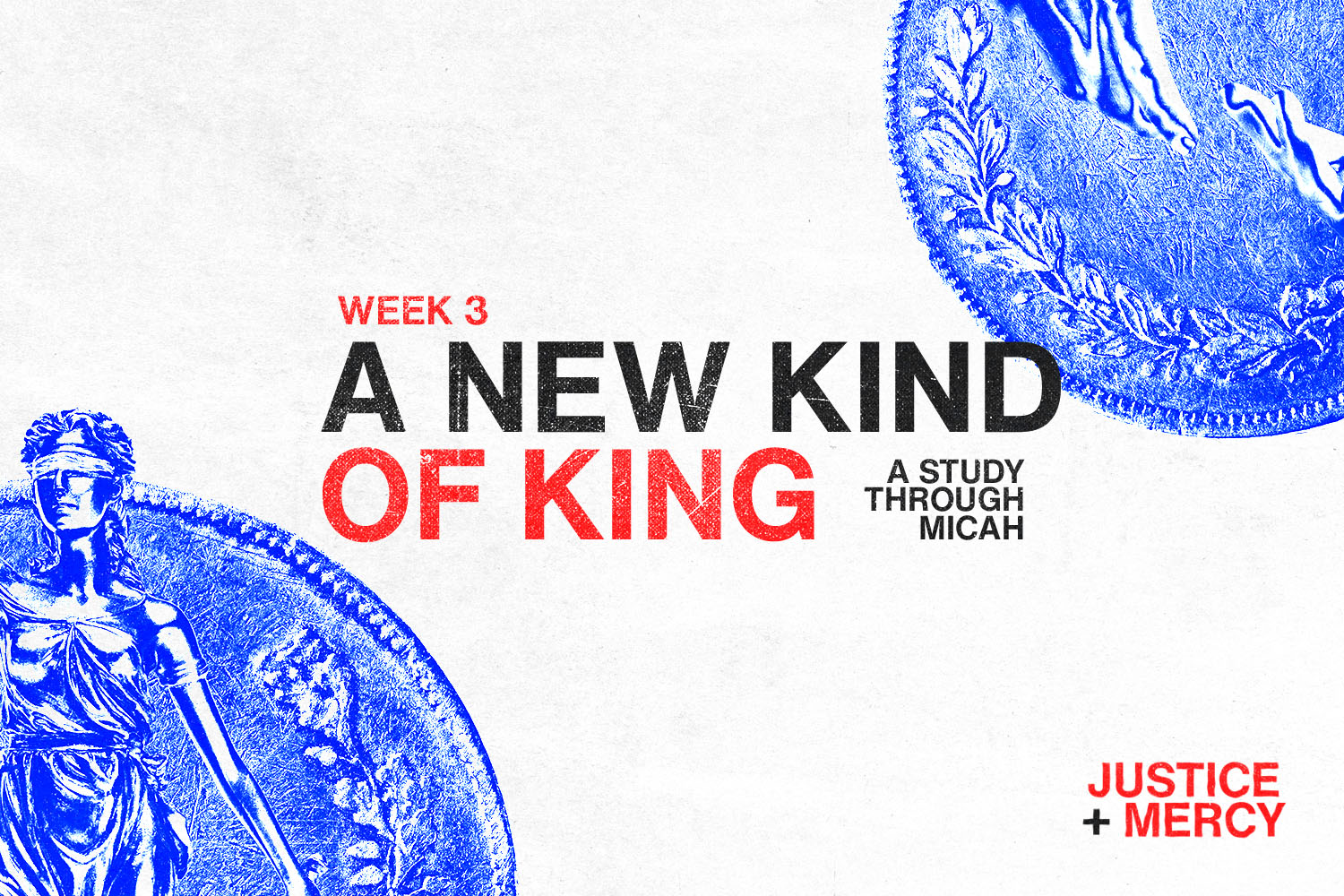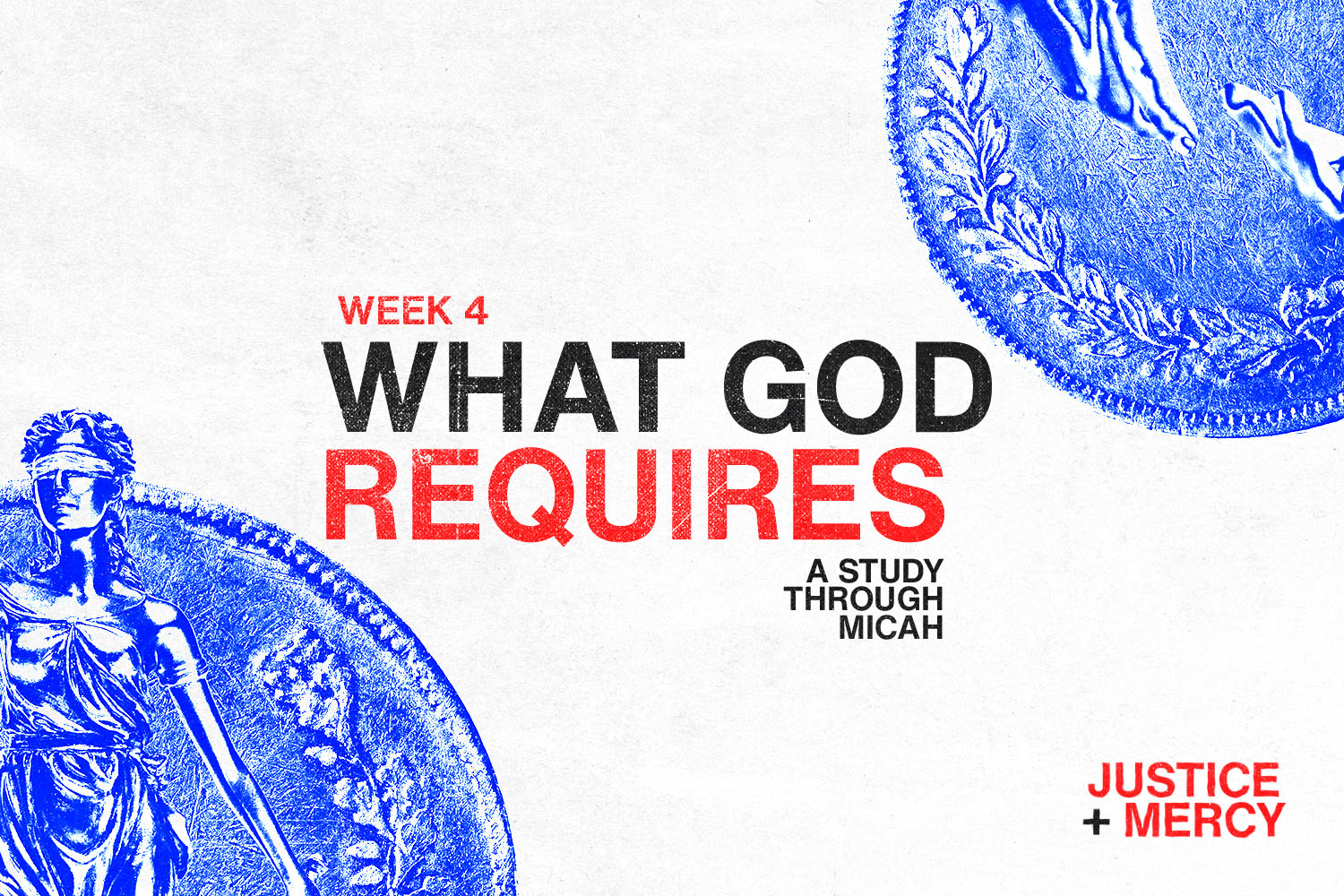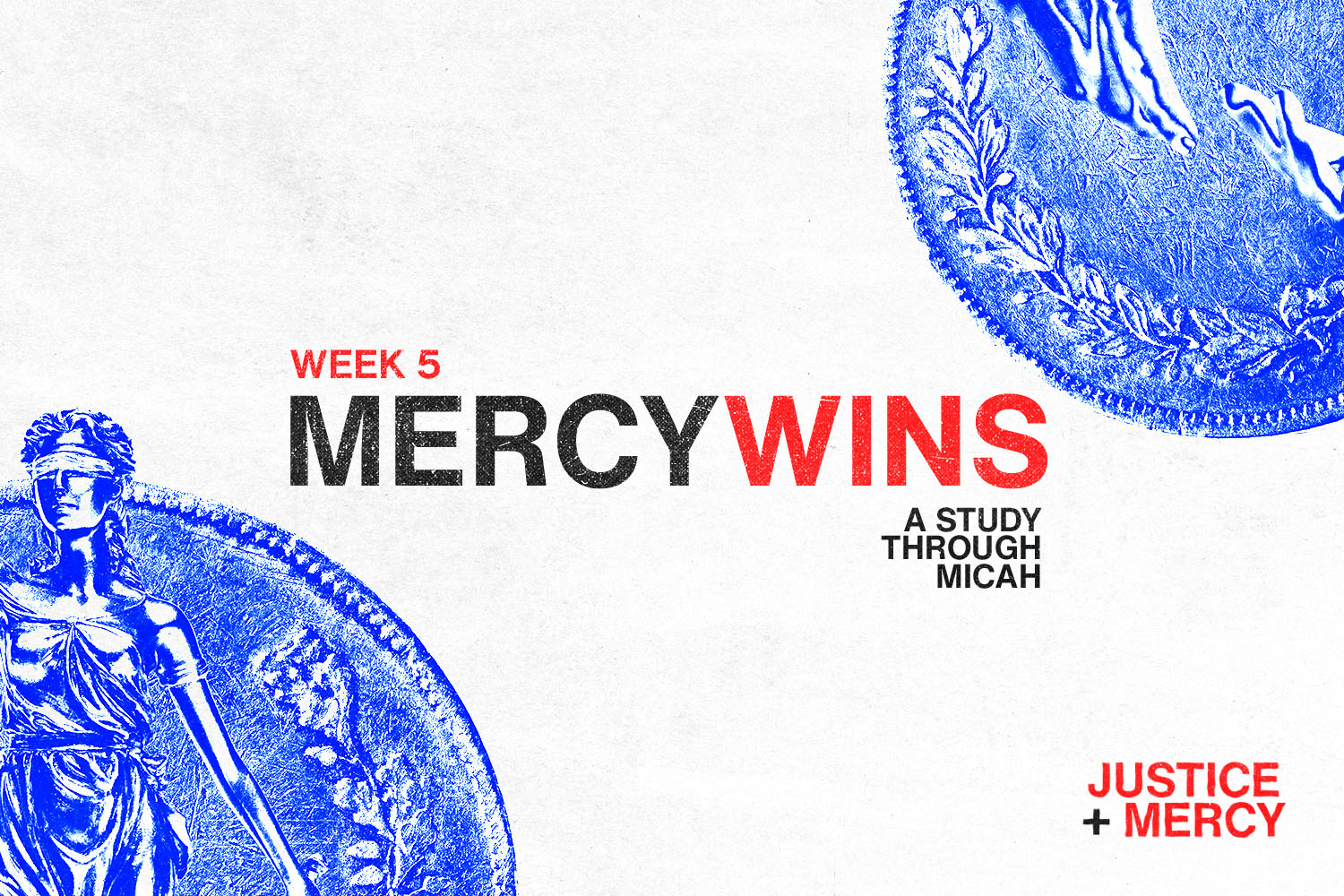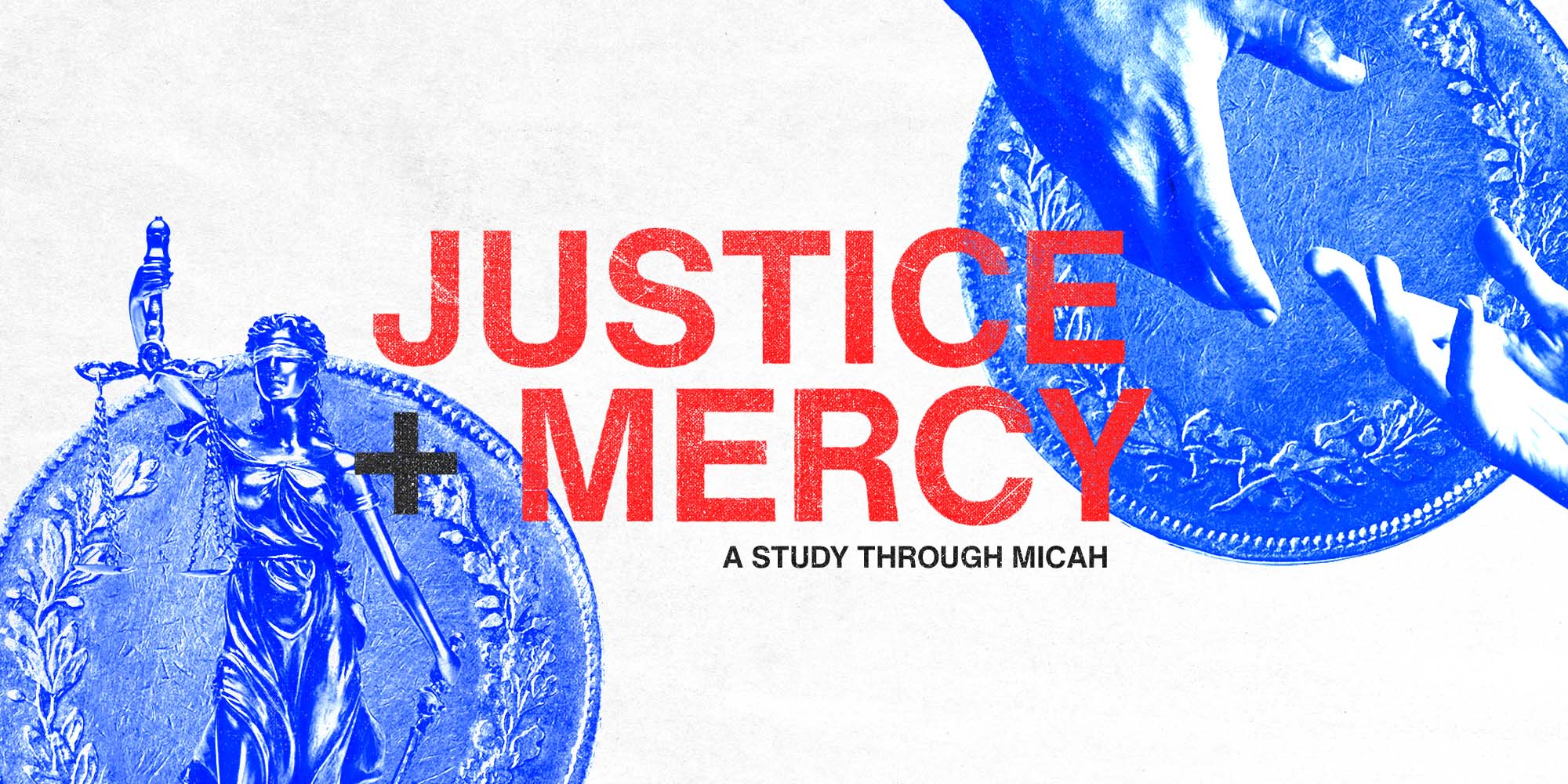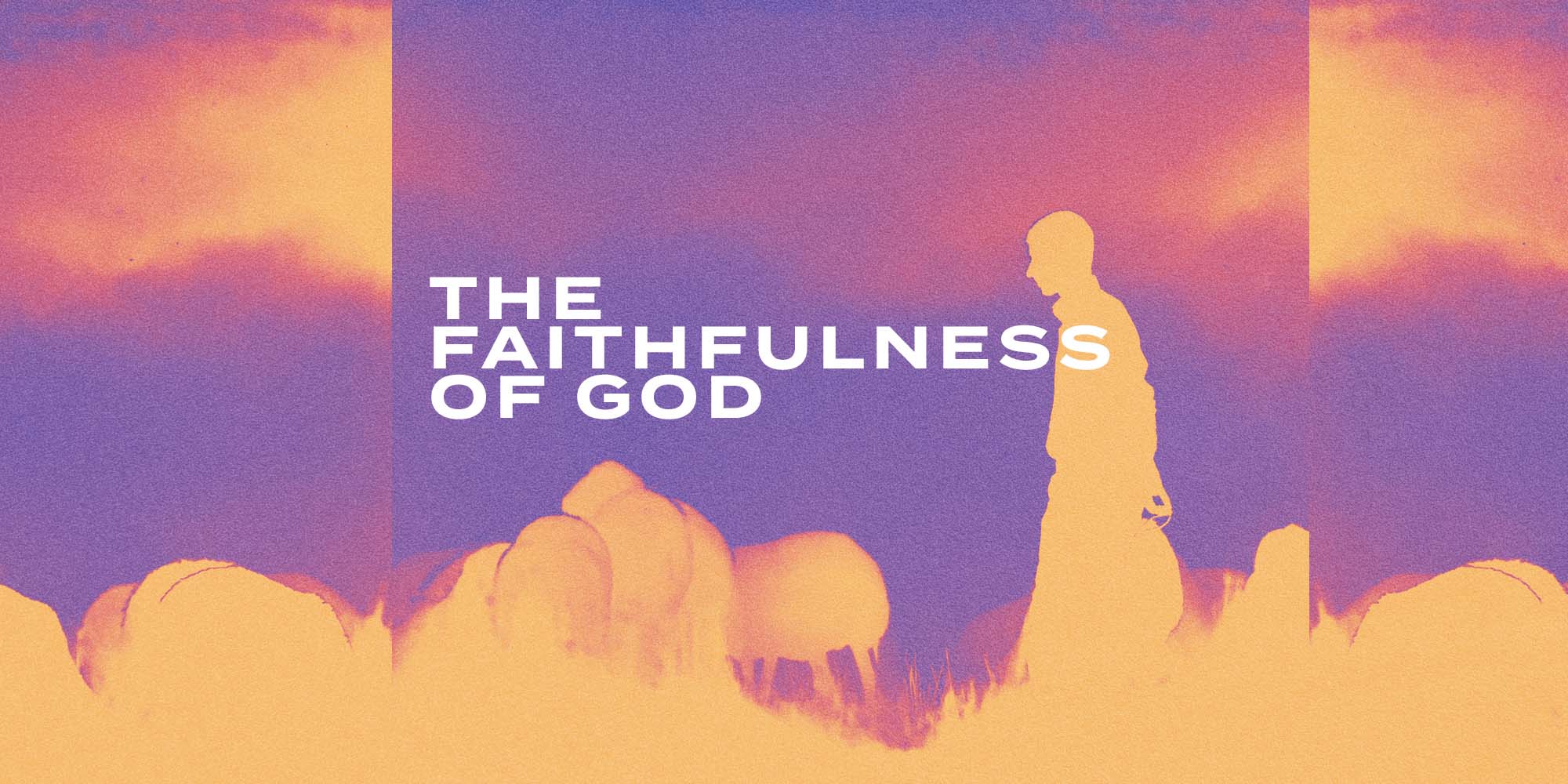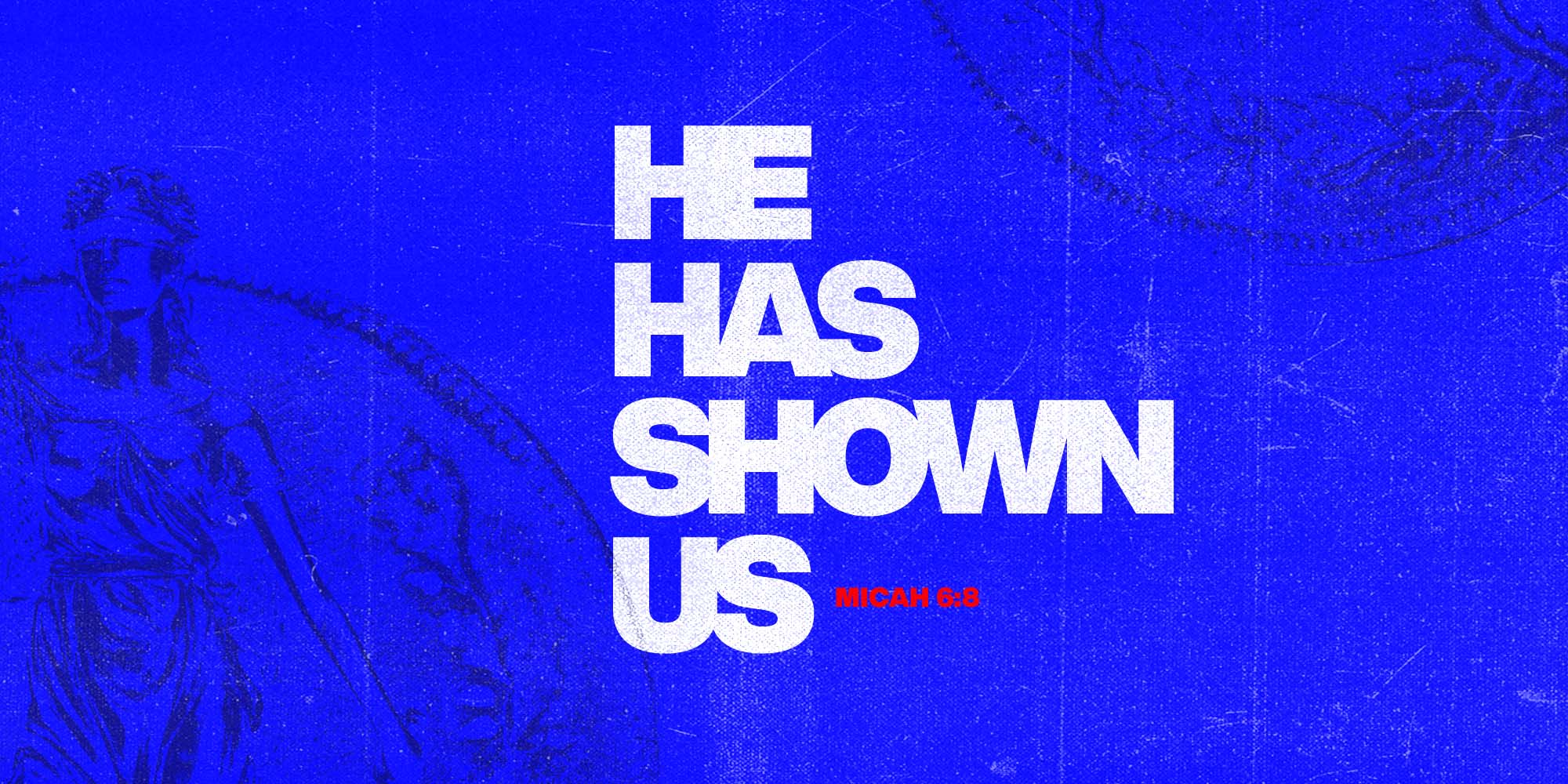In this five-week verse-by-verse study, we’ll explore the complex mixture of judgment and hope offered by the prophet Micah that is just as relevant today in the Church and world as it was almost 3,000 years ago. We’ll also examine how God’s mercy and love can’t be separated from His justice and judgment, understand His heart for the protection of the vulnerable and marginalized, and discover how we can be part of His redemptive work every day!
YouVersion Plan & Study Guides
KEY THEMES
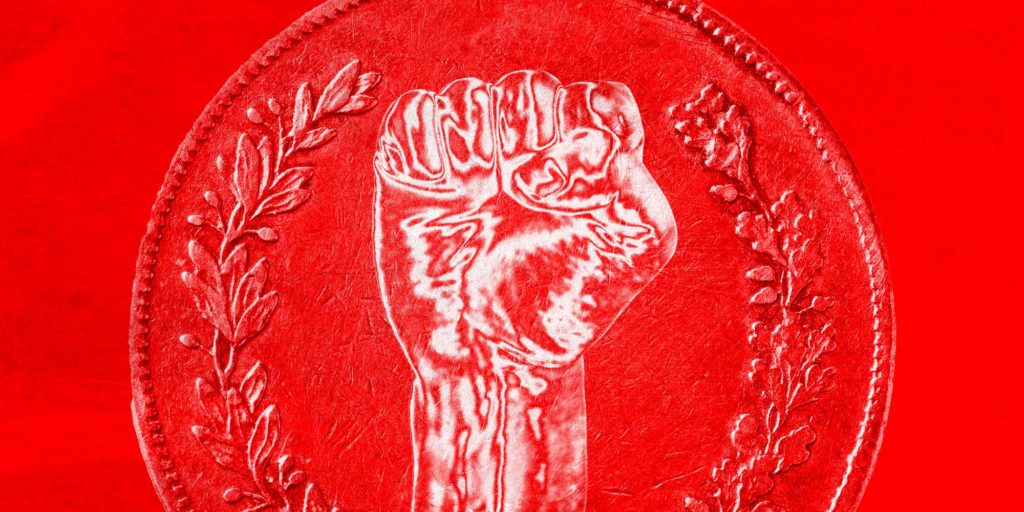
Micah made it clear that God is a just God who will justly judge evil—in this case “the sins of the house of Israel” (Micah 1:5 ESV). The landowners, religious leaders, political powers, and city officials had abused their power, oppressed the people, and conspired to do evil (2:1, 7:3). They coveted and defrauded others of their property (2:2, 6:10), they stole and plundered (2:8), hated good and loved evil (3:2), oppressed the poor (3:3), despised justice and distorted truth (3:9), accepted bribes (3:11, 7:3), used their religious positions for profit (3:11), engaged in dishonest business practices (6:11), acted with violence and deceit (6:12), and murdered their own people (7:2). Keep in mind, these were not unbelievers or pagan nations. They were the children of Abraham, the people of God who had the Word of God and were in covenant with God to live by His commands and do justice, love mercy, and walk humbly with Him (6:8). They were without excuse. Because of this, God would bring disaster upon Samaria (1:6–7), Jerusalem (1:12, 3:12, 4:10), the greedy landowners (2:3–5), the corrupt political figures (3:4), and the wicked and false prophets and priests (3:5–7).
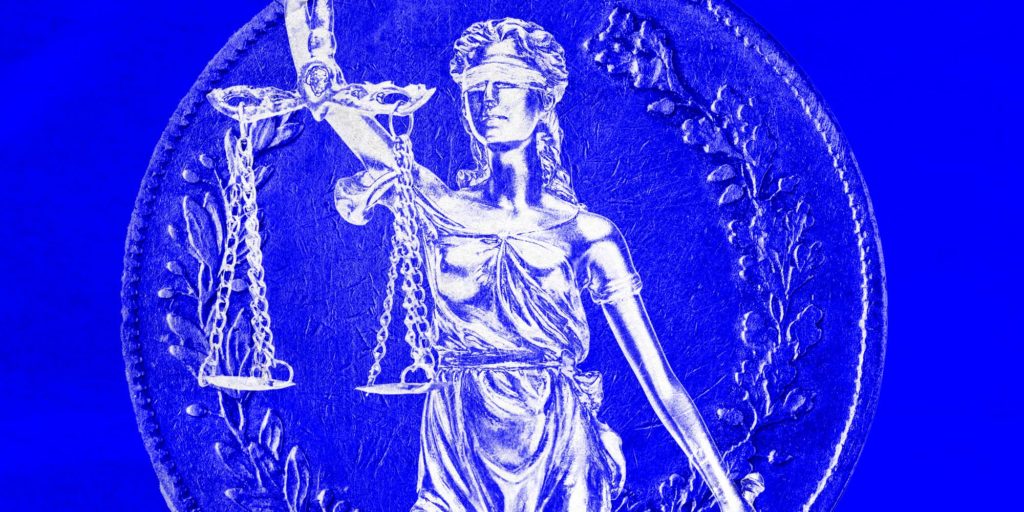
In one of the most well-known Old Testament verses amongst believers, Micah asked a deceptively simple question: “What does the Lord require of you?” The answer? “To act justly and to love mercy and to walk humbly with your God” (6:8). Israel and Judah had failed to live according to this God-given expectation, and the nations would suffer painful consequences as a result. Why? Because God is a God of justice and righteousness. He is a God of goodness and holiness. He defends the poor and helpless, His heart is inclined toward the marginalized and defenseless, and He commands His people to follow suit, advocate for, defend, protect, and compassionately care for them.
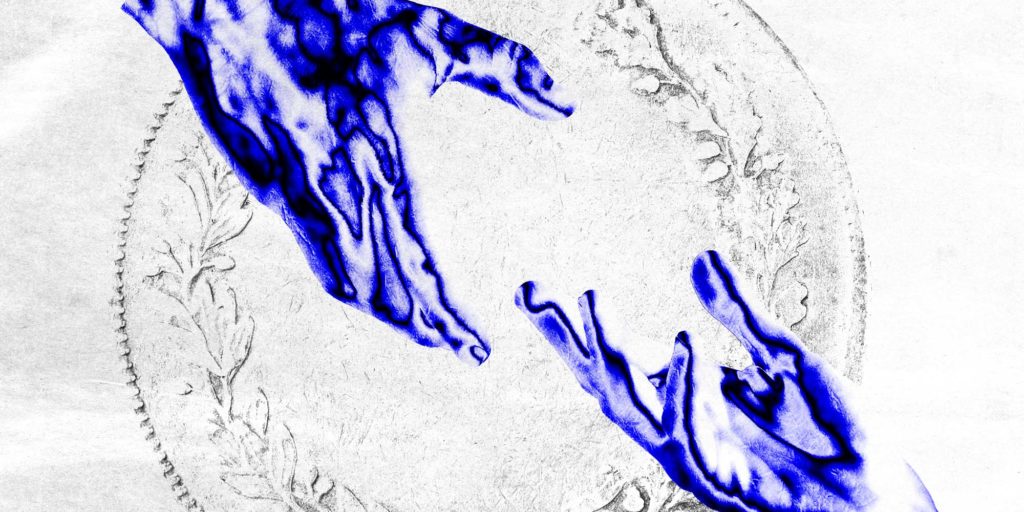
Micah served as a prophet during a time of great injustice. He delivered bad news to a wicked people, but he also delivered truly wonderful news that after God’s judgment, God’s mercy and restoration would come! He laid out their sins, but shared the hope of God’s promise for redemption—that He would mercifully forgive and restore His people (7:9), bring them back from exile in Babylon (4:10), and reestablish Israel’s dominion on the earth (4:8, 13)!
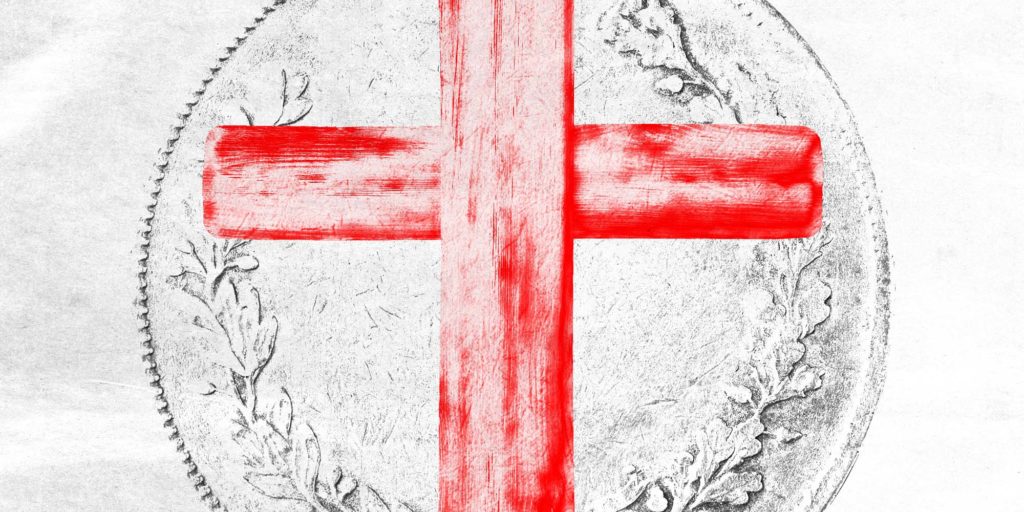
The shadow of Christ is cast heavily on this book. Throughout Micah, we see the revelation of the Messiah who would come and bring together His scattered people. Though judgment was promised because of the great sin of God’s people for their transgressions against Him, they weren’t beyond the saving grace of God nor outside His loving kindness. He still promised restoration to the remnant of Israel, to bring forth His Messiah through the children of Abraham, and bless all the families of the earth as He had promised all the way back in Genesis! Despite their idolatrous and wicked ways, God was not done with Israel. Jesus makes this clear when stating He was sent “to the lost sheep of Israel” (Matthew 15:24 NIV) and when He sent His disciples out “to the lost sheep of Israel” to preach this message, “The kingdom of heaven has come near” (Matthew 10:6–7 NIV). His coming is outlined throughout Micah (2:12–13, 4:1–8, 5:1–4, 7:8–9).

